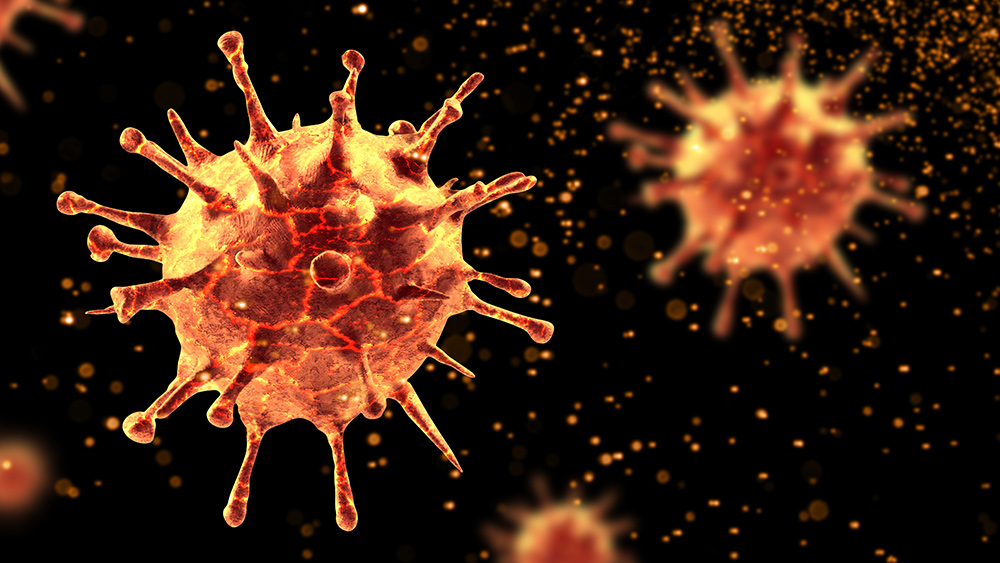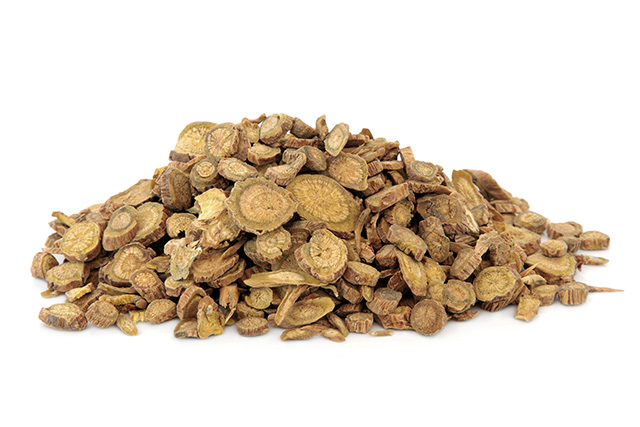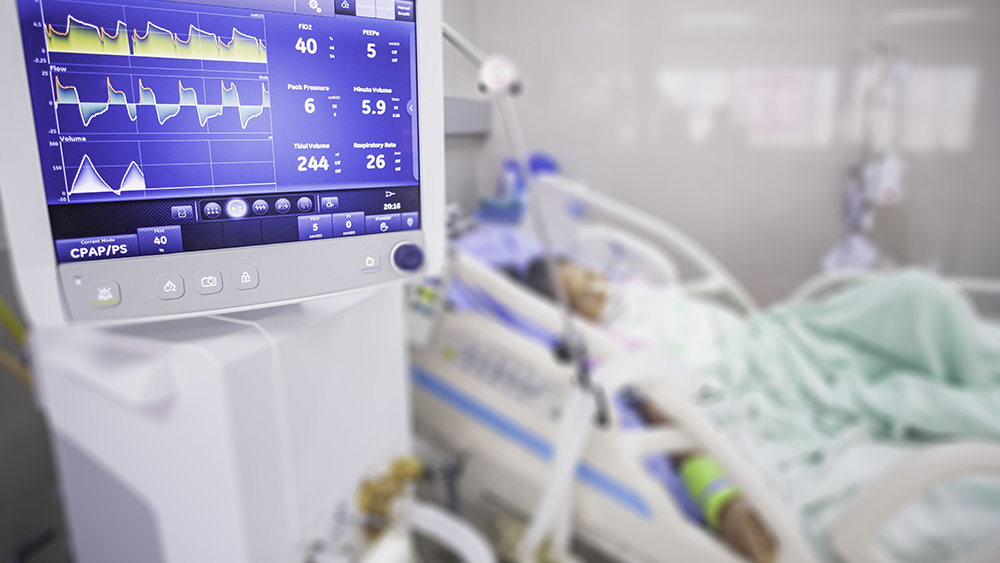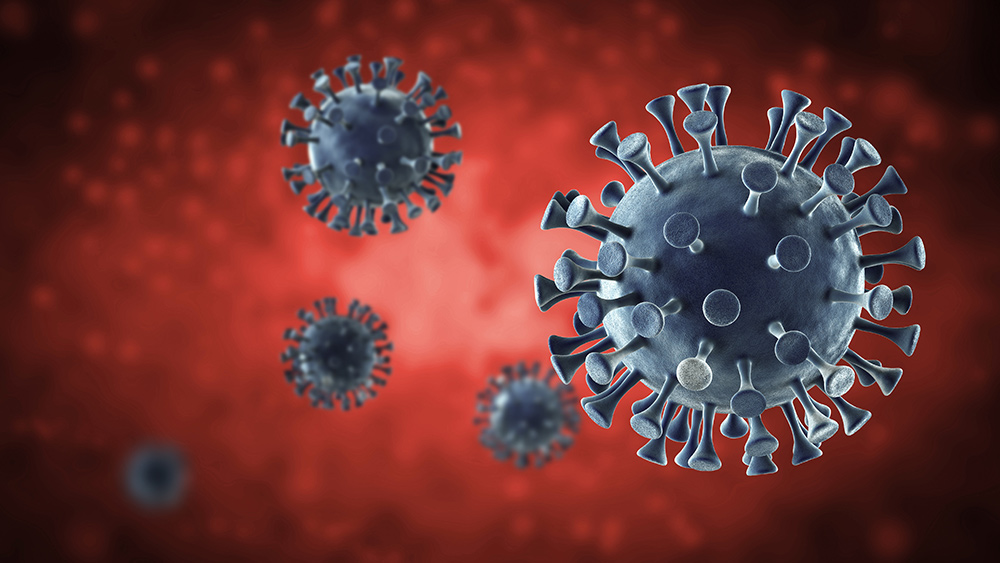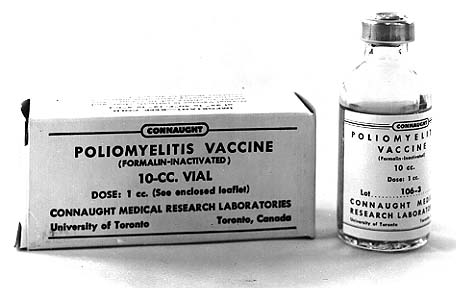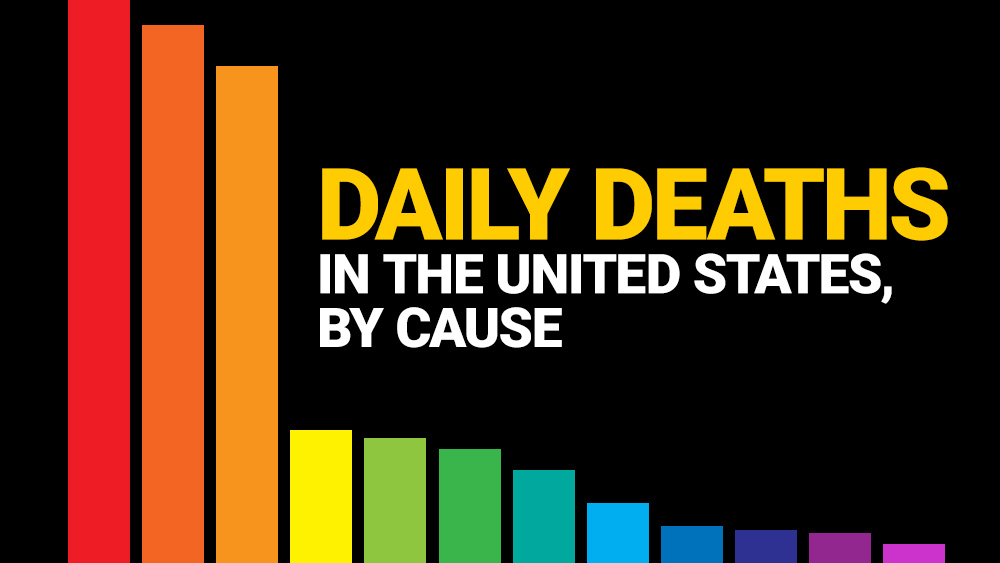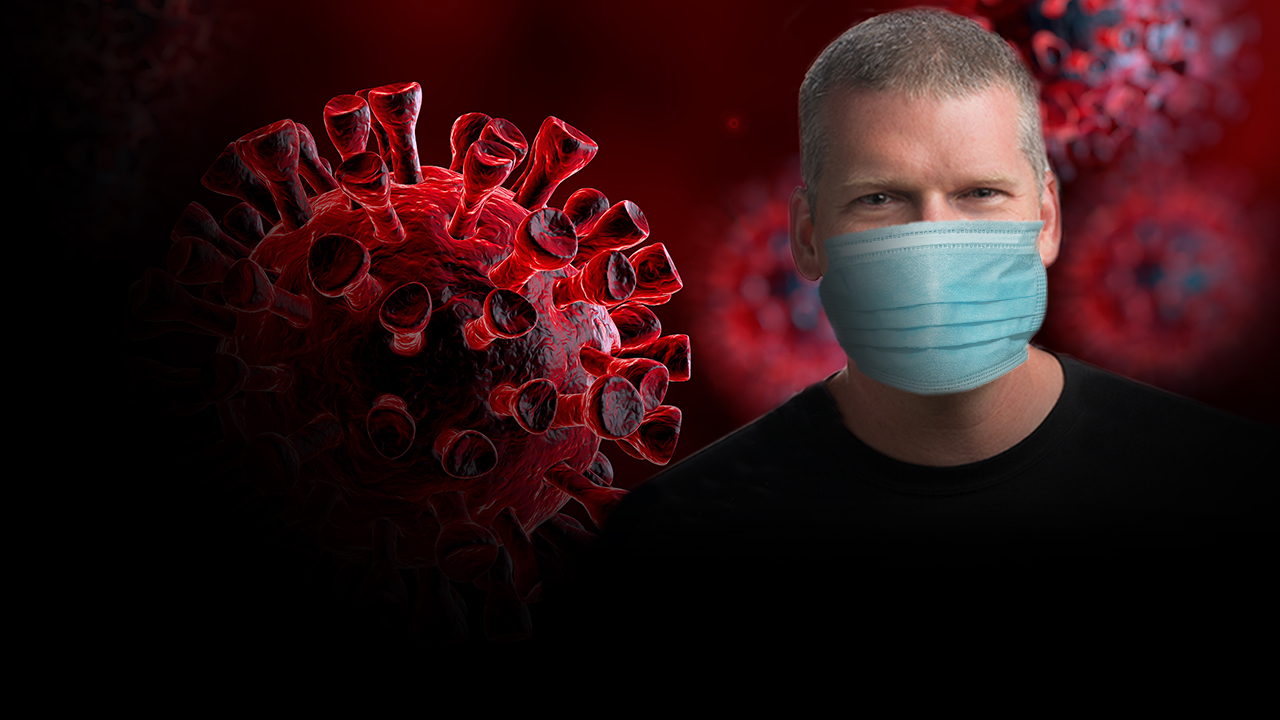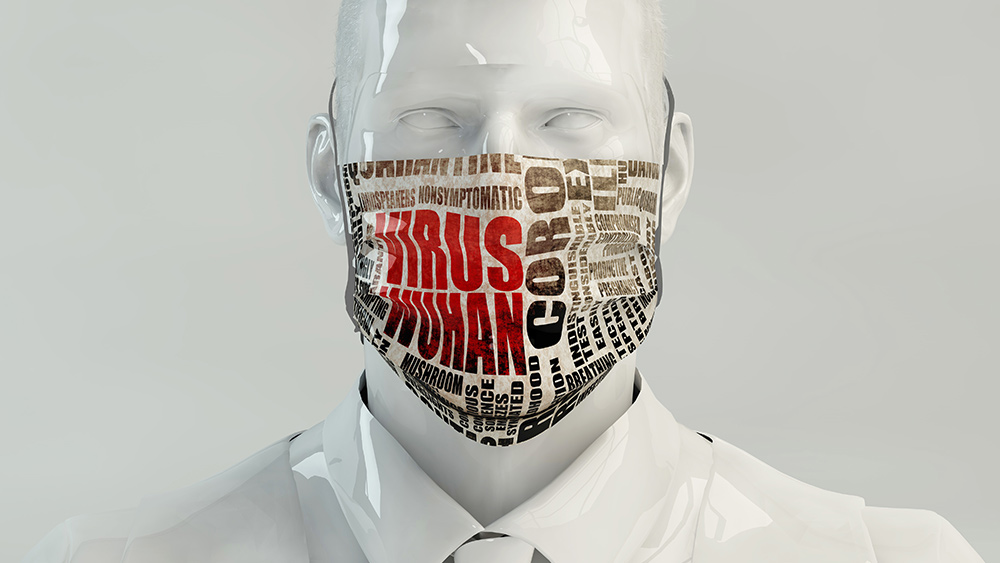Coronavirus sets its sights on Russia: New cases cross 3,000 mark in record one-day increase in infections
04/16/2020 / By Ralph Flores

Russia has confirmed 3,388 new COVID-19 cases on Wednesday, bringing the country’s total caseload to 24,490. In a report, Rospotrebnadzor – the country’s lead agency for coronavirus testing – said this is the first time that new cases exceeded 3,000 and have tripled from last week. The agency also reported 28 deaths, which brought the country’s death toll to 198.
Health authorities reported that the majority of the cases in the country are in Moscow and the surrounding Moscow Oblast region, which have a combined caseload of 17,063. On Friday, Moscow Mayor Sergei Sobyanin warned that the virus “is gaining momentum” and that “the situation is becoming increasingly problematic.”
Deputy Mayor Anastasia Rakova issued a similar statement, saying that the number of COVID-19 patients requiring hospitalization in the city has more than doubled the past week to 6,500. She also warned that the outbreak in the Russian capital was far from reaching its peak and that it will push the city’s healthcare system to the limit. Nearly half of those infected with coronavirus are under the age of 45.
Muscovites have taken to social media to describe the situation. In a post on Saturday, Georgiy Federov, a COVID-19 patient, gave an account of his “close to catastrophic” ordeal in the hospital where he was taken.
“The admissions room was packed with sick people, and most had identical symptoms… Ambulances were arriving every five to seven minutes,” he wrote on social media, while also saying that he refused to be held in the hospital.
“Medical staff and doctors are really working as if it was wartime. It’s some sort of crazy conveyer belt of sick people… Everyone is placed in wards together. Clearly, bed spaces are already filled to the brim.”
Another post showed ambulances forced to line up and wait outside hospitals in the capital city amid the surge in new cases.
Пиздец. Очередь в больницу в Москву!!! #москва pic.twitter.com/2FHhoD97VL
— Алексей Кириленко (@Kirilenko_a) April 10, 2020
Moscow grappling with increasing number of new cases
The current situation in Moscow is markedly different from that of last month, wherein President Vladimir Putin talked about how the country was able to keep the situation under control.
During a video conference with his senior health officials, however, Putin’s tone has become much less optimistic.
“We are seeing that the situation is changing every single day and regrettably not for the better,” he said. “The number of sick people is increasing along with the number of serious cases.”
On March 30, Sobyanin placed the Russian capital under mandatory lockdown, restricting the movement of the city’s 12.5 million residents, in an effort to slow the spread of coronavirus. The city government also distributed permits for residents who will travel for essential work, but images in social media on Wednesday showed long lines and traffic jams on its first day of implementation, prompting concerns that the coronavirus could spread further.
“They’ve just reduced to zero everything (i.e., self-isolation) we spent the last three weeks doing,” opposition politician Alexei Navalny wrote on social media.
According to Sobyanin, the queues were caused by police officers checking permits. He added that the lines have since been eliminated and ordered local police to prevent a similar situation from happening in the future.
“Work has been [normalized]. But in [the] future, it will be necessary to move on to automated control. We’ll think about how to do this,” he wrote.
In addition, checkpoints have been placed on roads coming in and out of Moscow, and only those with permits will be allowed entry. The local government of Moscow has also reorganized its hospitals to increase the number of beds for COVID-19 patients, and a new hospital is being built on the city’s outskirts.
Despite this, health authorities are preparing for the worst. According to the city’s coronavirus taskforce, Moscow could run out of beds in the next three weeks amid the rising number of cases.
Learn more about the coronavirus outbreak at Pandemic.news.
Sources include:
Tagged Under: coronavirus, covid-19, Flu, government, Hospitals, infections, Moscow, outbreak, pandemic, Public Health, Putin, Russia, superbugs, virus


